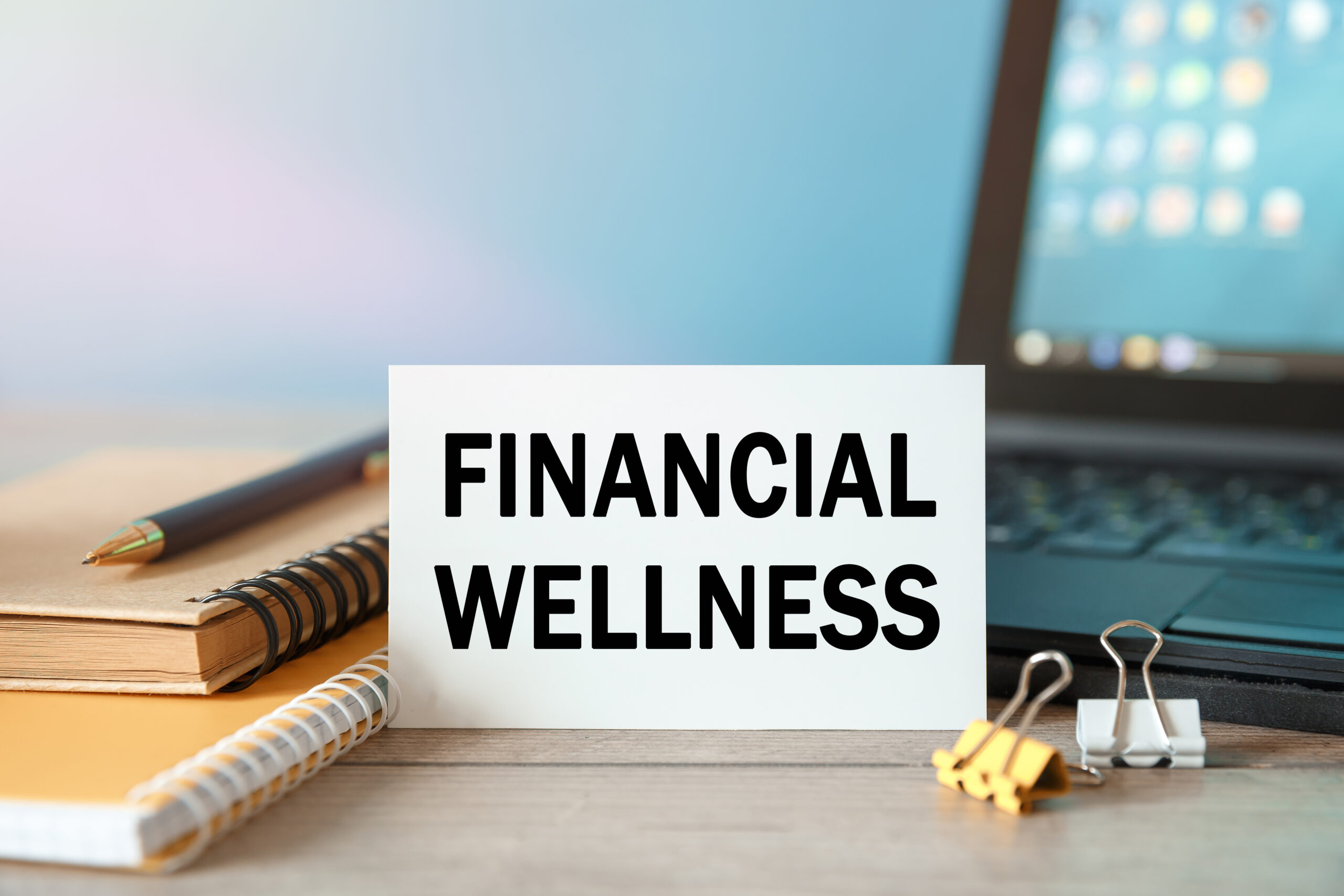
Financial Wellness: What It Really Means (And How to Get There)
Financial wellness is about more than just having money in the bank. It’s about feeling confident, secure, and in control of your finances—now and in the future. Whether you earn a lot or a little, achieving financial wellness is possible with the right mindset, habits, and planning.
In this article, we break down what financial wellness really means, the signs you’re on the right path (or not), and practical steps to improve your financial health—starting today. We’ll also explore how financial wellness ties into your overall wellbeing, and why small, consistent changes matter more than big wins.
Outline
- Introduction
- What Is Financial Wellness?
- The Four Pillars of Financial Wellness
- Why Financial Wellness Matters (Beyond Money)
- Signs You’re Financially Well
- Signs You Might Be Struggling
- 10 Practical Steps to Improve Your Financial Wellness
- How to Stay Consistent Without Feeling Overwhelmed
- Financial Wellness and Mental Health
- Final Thoughts
Introduction
We talk a lot about physical wellness. Mental health. Work-life balance.
But financial wellness? That’s often left behind.
And yet, money touches every part of your life—your relationships, your career choices, your ability to rest, travel, dream, and feel secure.
It’s not about being rich. It’s about feeling safe, stable, and free.
Let’s explore how to get there—whatever your income or financial background.
What Is Financial Wellness?
Financial wellness is a state of wellbeing in which:
- You can meet your current financial obligations
- You feel secure about your financial future
- You are prepared for emergencies
- You have freedom to make choices that bring you joy
In short: it’s when your money supports your life, not the other way around.
The Four Pillars of Financial Wellness
| Pillar | What it means |
|---|---|
| Spending | Living within your means and spending intentionally |
| Saving | Regularly saving for short- and long-term goals |
| Debt Management | Keeping debt under control and having a clear payoff plan |
| Planning for the Future | Setting financial goals, investing, and preparing for the unexpected |
When all four pillars are in balance, financial wellness follows.
Why Financial Wellness Matters (Beyond Money)
Money stress affects everything.
Poor financial health is linked to:
- Sleep problems
- Anxiety and depression
- Relationship breakdowns
- Poor work performance
- Physical health issues
Good financial health leads to:
- Greater freedom and choice
- Improved confidence and decision-making
- Better resilience during life’s curveballs
- The ability to support others and give back
Financial wellness isn’t a luxury—it’s a foundation.

Signs You’re Financially Well
You don’t have to be debt-free or own a house to be financially well.
Here are some positive signs:
- You know your monthly expenses and live within your means
- You save regularly—even small amounts
- You have an emergency fund
- You’re paying off debt with a plan
- You have clear financial goals (retirement, holidays, home)
- You can handle unexpected expenses without panic
- You don’t avoid checking your bank account or opening bills
Signs You Might Be Struggling
Recognising where you are is key to taking action.
- You regularly run out of money before payday
- You rely on credit cards or overdrafts for basics
- You feel overwhelmed or anxious about money
- You avoid your bank account
- You have no emergency savings
- You don’t know where your money goes
- You’re not sure what your financial goals even are
These aren’t failures—they’re signals that it’s time to make a shift.
10 Practical Steps to Improve Your Financial Wellness
1. Track Your Spending
Awareness is the first step. Use an app, spreadsheet, or notebook to track every expense for 30 days.
2. Build an Emergency Fund
Start small: aim for £500, then build toward 3–6 months of essential expenses.
3. Create a Simple Budget
Use the 50/30/20 rule or a zero-based budget to give every pound a purpose.
4. Set Clear, Achievable Goals
Short-term: Pay off a credit card
Medium-term: Save for a trip or move
Long-term: Plan for retirement
5. Automate Savings and Bills
Set up direct debits and standing orders so you don’t have to rely on willpower.
6. Tackle High-Interest Debt First
Use the avalanche or snowball method to focus on one debt at a time.
7. Learn About Investing
Start with a Stocks and Shares ISA—even £25/month compounds over time.
8. Check Your Credit Score
Use ClearScore, Credit Karma, or Experian to monitor and improve your score.
9. Talk About Money (Without Shame)
With your partner, a friend, or a financial adviser. Shame keeps you stuck—openness moves you forward.
10. Celebrate Small Wins
Every paid-off bill, every £100 saved, every budget stuck to—it all counts.
How to Stay Consistent Without Feeling Overwhelmed
Use Micro-Habits
- Check your accounts every Friday
- Move leftover money into savings every Sunday
- Read one financial article per week
Do a Monthly Money Review
Set a date to:
- Reflect on what worked
- Adjust what didn’t
- Realign with your goals
Use Tech to Help
Apps like Monzo, Emma, or Snoop make managing money less painful—and even fun.
Be Kind to Yourself
Progress is rarely perfect. One bad day doesn’t undo months of effort.
Financial wellness is a journey—not a finish line.
Financial Wellness and Mental Health
Money problems = stress
Stress = poor decisions
Poor decisions = more money problems
It’s a vicious cycle. But when you take steps—even small ones—you start to shift your relationship with money.
Build money habits that support your mental wellbeing:
- Have “no-spend” days for mental clarity
- Use money affirmations or journaling
- Give yourself permission to enjoy some spending, guilt-free
- Seek help if anxiety or shame is overwhelming
Money should support your life—not control it.
Final Thoughts
Financial wellness isn’t about being rich. It’s about feeling secure, in control, and confident about your money—today and tomorrow.
In summary:
- Know where your money is going
- Spend intentionally, not reactively
- Save and invest for future you
- Tackle debt, don’t ignore it
- Set goals that excite and motivate you
- Make your finances simple and sustainable
Wherever you’re starting from, financial wellness is within reach. Start small. Stay consistent. And remember—you’re not behind, you’re on your way.


